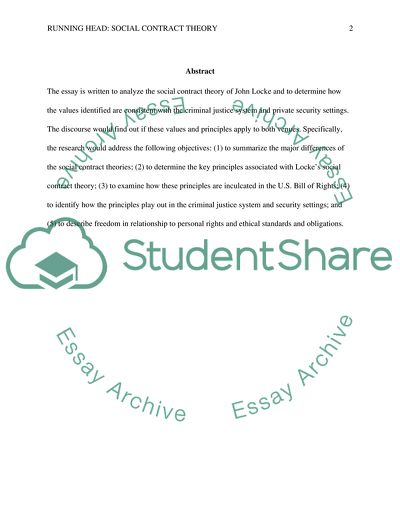Cite this document
(Social Contract Theory of John Locke Essay Example | Topics and Well Written Essays - 1500 words - 1, n.d.)
Social Contract Theory of John Locke Essay Example | Topics and Well Written Essays - 1500 words - 1. https://studentshare.org/social-science/1743100-theory
Social Contract Theory of John Locke Essay Example | Topics and Well Written Essays - 1500 words - 1. https://studentshare.org/social-science/1743100-theory
(Social Contract Theory of John Locke Essay Example | Topics and Well Written Essays - 1500 Words - 1)
Social Contract Theory of John Locke Essay Example | Topics and Well Written Essays - 1500 Words - 1. https://studentshare.org/social-science/1743100-theory.
Social Contract Theory of John Locke Essay Example | Topics and Well Written Essays - 1500 Words - 1. https://studentshare.org/social-science/1743100-theory.
“Social Contract Theory of John Locke Essay Example | Topics and Well Written Essays - 1500 Words - 1”. https://studentshare.org/social-science/1743100-theory.


